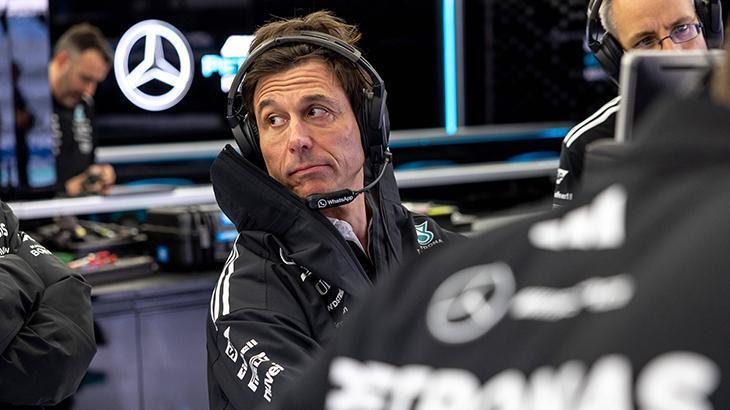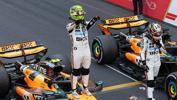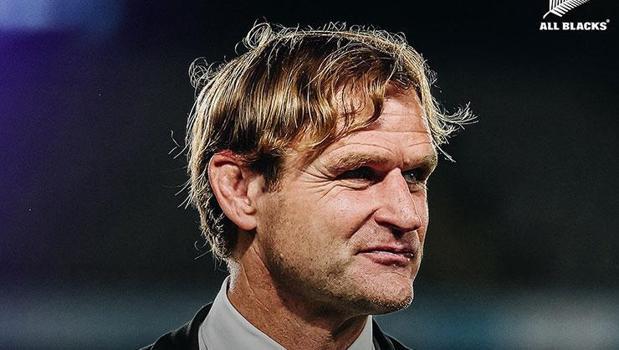F1: Wolff tips Ferrari to gain most from new wing rules in Spain
Formula 1 is bracing for a significant technical shake-up at the Spanish Grand Prix with the enforcement of new, more stringent flexi-wing regulations. Mercedes boss Toto Wolff has openly hinted that Ferrari, perceived as having been "most conservative" in this area, stands to gain the most from these changes. This aligns with Ferrari's own hopes for a "gamechanger," adding a potent layer of intrigue to the upcoming race as teams anticipate a potential shift in the competitive pecking order.

Formula 1 is on the cusp of a significant technical overhaul, with new, more stringent flexibility tests on front wings set to be enforced from this weekend's Spanish Grand Prix in Barcelona. This highly anticipated rule change, introduced via a technical directive from the FIA in January, has ignited widespread speculation across the paddock regarding its potential to reshape the competitive landscape. Mercedes boss Toto Wolff has been particularly vocal, suggesting that Ferrari could emerge as the primary beneficiary of these updated regulations.
Read More ›
Wolff's assessment, following Sunday's Monaco Grand Prix, indicated his belief that Ferrari had adopted the "most conservative" approach to front wing flexibility among the teams. While acknowledging uncertainty about the precise impact on the "pecking order," he underscored his curiosity about the outcome. This sentiment echoes the long-held hopes of Ferrari team principal Frederic Vasseur, who has consistently eyed the flexi-wing rule change as a potential "gamechanger" for his squad. Vasseur reiterated his expectations after an improved Ferrari showing in Monaco, emphasizing that his team has been "working on it for ages now" and that the universal impact on each constructor remains unknown.
Read More ›
The FIA's directive mandates a reduction in permissible flex from 15mm of movement to a stricter 10mm, with the delayed implementation designed to allow teams sufficient time to adapt. While McLaren, current leaders in the Constructors' Championship with Oscar Piastri and Lando Norris holding the top two spots in the Drivers' standings, have repeatedly expressed confidence that the changes will not impede their performance, rivals maintain a different view.
Horner: There will be an impact
Red Bull boss Christian Horner has consistently voiced keen interest in the technical directive's implications, hinting at a belief that the pace-setting McLaren might suffer a performance loss. Horner, whose reigning world champion Max Verstappen currently trails Piastri by 25 points, hopes the updated rules could subtly favor the Dutchman as the season returns to higher-speed circuits like Barcelona. He stressed that while the effect might be neutral for some, the change is "significant" and "there will be an impact from it" on all teams. This comes after a similar tightening of rear wing flex rules earlier in the season at the China Grand Prix, which ultimately had no noticeable effect on the competitive order.
Ferrari's season so far has been a mixed bag. Despite expectations of challenging McLaren for the 2025 constructors' title following a strong finish to the previous season, they have "woefully unperformed" through the opening eight rounds. Charles Leclerc has secured their only two Grand Prix podiums in Saudi Arabia and Monaco, while Lewis Hamilton's top-three finishes have been limited to Sprint races. Nevertheless, following a disappointing showing in Miami, Ferrari has shown signs of improvement in recent races, including Jeddah, Imola, and Monaco.
Read More ›
Vasseur sees a positive trend
Currently sitting fourth in the Constructors' standings, 177 points behind McLaren, Ferrari has managed to close within five points of second-placed Mercedes. Vasseur remains candid about their underperformance in the season's first third but sees a "positive trend" in their race pace over the last three to four events. His hope is that the team can capitalize on this momentum and the new flexi-wing regulations to significantly improve their standing as the second part of the season unfolds. The Spanish Grand Prix is now set to be a critical litmus test for these technical adjustments and their potential to shift the balance of power in F1.










